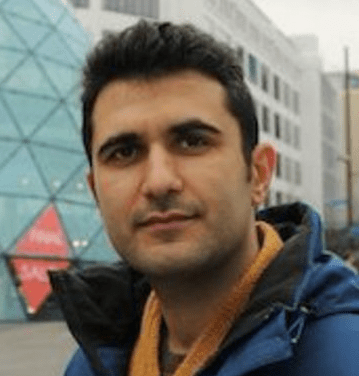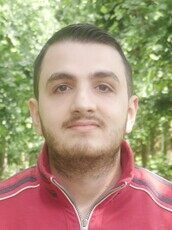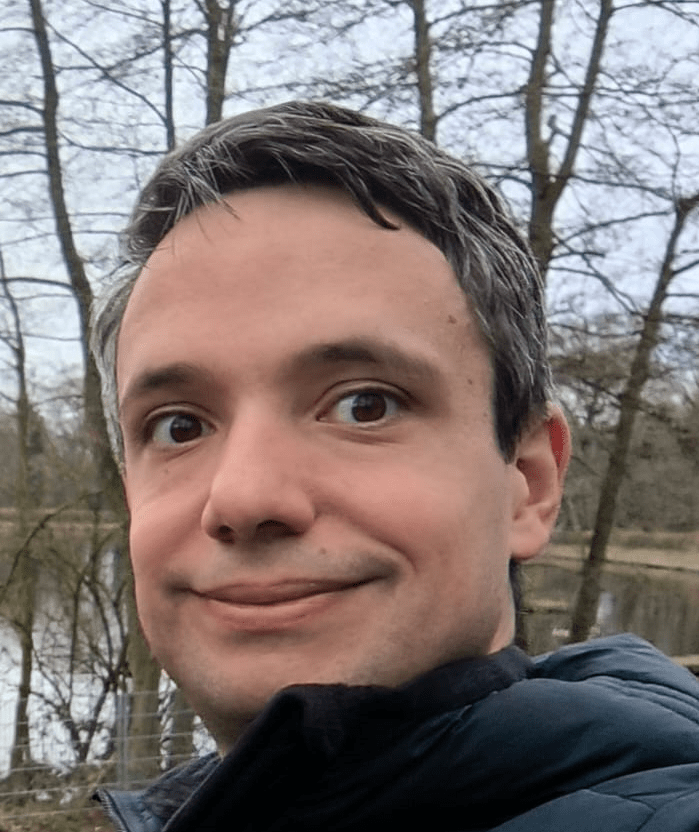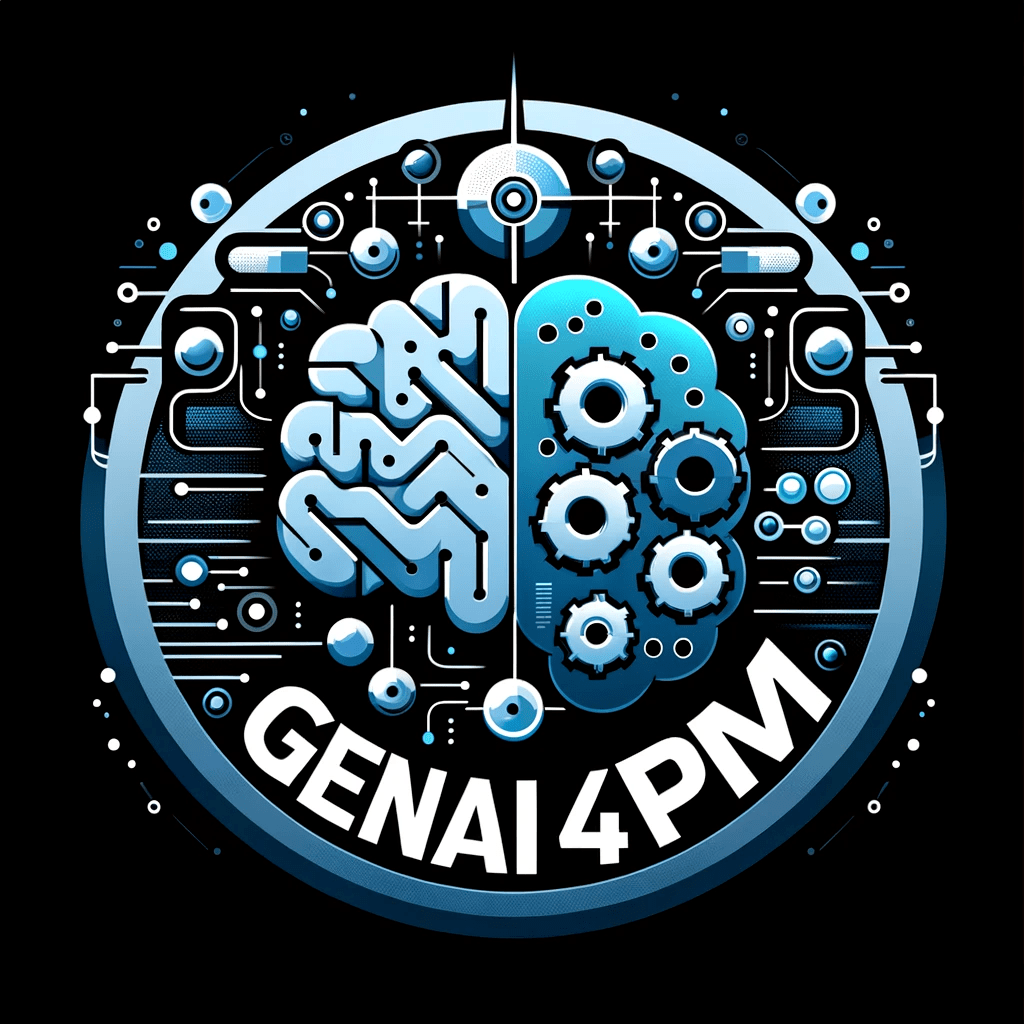GenAI4PM 2025
The Second International Workshop on Generative AI for Process Mining
Held in conjunction with ICPM 2025
Theme, Goals, and Intended Audience
Theme
Generative AI has emerged as a powerful tool across various domains, and early prototypes in process mining have demonstrated its feasibility for tasks ranging from process analysis to automation. GenAI4PM 2025 will explore the next steps in this exciting field, focusing on advanced, systematic studies that:
- Explore novel methodologies and evaluation frameworks for GenAI in process mining.
- Integrate GenAI with complementary technologies (e.g., blockchain, RPA, BPM systems).
- Evaluate the practical impact on business KPIs and process transformation.
Goals
- Research Advancement: Encourage submissions that introduce new techniques, methodologies, and evaluation benchmarks for integrating GenAI in process mining.
- Industry-Academia Synergy: Create a forum for practitioners and researchers to exchange insights, share case studies, and discuss implementation challenges.
- Interdisciplinary Innovation: Stimulate discussion on combining GenAI with other advanced technologies, thus broadening the scope of process mining applications.
- Community Building: Foster a collaborative environment that includes interactive sessions, and a keynote address by an industry expert.
Intended Audience
The workshop is targeted toward:
- Researchers in process mining and AI,
- Industry professionals implementing process analytics and automation,
- Developers and tool providers focused on process mining applications,
- Academics interested in the evolving role of generative AI in enterprise applications.
Call for Papers
Aims and Scope
The GenAI4PM 2025 workshop aims to provide a premier platform for advancing the integration of generative AI within process mining. By fostering collaboration between academia and industry, we plan to stimulate innovative research and practical applications that address both current challenges and future opportunities in the field. We look forward to contributing to the rich combination of topics at ICPM 2025 and engaging a broad, interdisciplinary audience.
We invite submissions that explore diverse aspects of GenAI in process mining, including but not limited to:
- Process Mining Tasks: Novel applications and techniques using GenAI.
- Process Modeling: Innovative approaches using procedural, declarative, or mixed modeling.
- Robotic Process Automation: Integration of GenAI with automation systems.
- Implementation Strategies: Implementing GenAI-powered process mining solutions.
- Evaluation Frameworks: Benchmarks, impact estimations, and quality frameworks.
- Predictive Monitoring: Using GenAI to predict process deviations and bottlenecks.
- Root-Cause Analysis: Leveraging AI-driven insights and detailed process analytics to identify, analyze, and address the underlying causes of inefficiencies, bottlenecks, compliance violations, or failures in business operations.
- Challenges: Issues of using GenAI in process mining such as bias, fairness, and explainability.
- Case Studies: Real-world applications and their outcomes.
Types of Contributions
We invite authors to submit the following types of papers (all should follow the Springer LNBIP format):
- Full Papers (up to 12 pages): Describing novel research methodologies or case studies performed in industry, to be published in the proceedings.
- Implementation Papers (up to 9 pages): Illustrating a tool or implementation of GenAI in the context of process mining.
- Visionary Papers (up to 9 pages): Discussing the future steps of GenAI4PM.
Submission Instructions
Submissions must use the Springer LNCS/LNBIP format (guidelines). Submissions must be in English and cannot exceed 12 pages (including tables, figures, the bibliography, and appendices).
Each paper should contain a short abstract, clarifying the relation of the paper with the main topics (preferably using the list of topics above), clearly stating the problem being addressed, the goal of the work, the results achieved, and the relation to other work.
Papers should be submitted electronically as a self-contained PDF file via the submission system (EasyChair). When submitting your paper, in the submission system, please select the name of the workshop track, GenAI4PM.
Submissions must be original contributions that have not been published or submitted to other conferences or journals in parallel with this workshop.
Publication
All workshop full papers will be published by Springer as a post-workshop proceedings volume in the Lecture Notes in Business Information Processing (LNBIP) series.
Registration
At least one author of each accepted paper must register and participate in the workshop. Please visit the main conference website (ICPM 2025) for more information.
Important Dates
- Abstract Submission: July 18, 2025
- Papers Submission: July 25, 2025
- Paper Acceptance Notification: August 22, 2025
- Pre-workshop Camera-Ready Papers: September 22, 2025
- Workshops: October 20, 2025
- Post-workshop Camera-Ready Papers: November 4, 2025
Duration and Activities
Duration
We propose a full-day workshop (tentative) scheduled on October 20, 2025, the day prior to the main ICPM 2025 conference, ensuring ample time for both presentations and in-depth interactive sessions. The full-day duration is contingent on the acceptance of more than 5 full papers eligible for Springer proceedings; otherwise, it will be allocated half a day (two sessions).
Activities
- Keynote Address: An industry or academic expert will outline the current state-of-the-art in GenAI applications within process mining, highlighting both achievements and challenges.
- Paper Presentation Sessions:
- Full Papers (up to 12 pages): Showcasing novel research methodologies or case studies.
- Implementation Papers (up to 9 pages): Demonstrating tools or prototypes integrating GenAI with process mining.
- Visionary Papers (up to 9 pages): Discussing future directions and challenges in the field.
Each session will include a Q&A segment to foster discussion.
- Interactive Discussions.
Organizers

Mohammadreza Fani Sani is an Applied and Data Scientist at Microsoft, focused on large language model solutions for Copilot AI and Process Mining, including task orchestration through Microsoft Copilot Studio. He earned his doctorate in the Process and Data Science (PADS) group at RWTH Aachen University, studying how data preprocessing can improve process mining outcomes. By blending his academic background with real-world experience, Mohammadreza continues to advance process mining through generative AI, robotic process automation, and other emerging AI technologies.

Cristina Cabanillas is a professor at the University of Seville, where she conducts research in the field of business process management and process mining. With a strong academic foundation, she has explored resource management and process optimization, contributing to both theoretical advancements and practical applications. Cristina has been actively involved in investigating how generative AI, particularly large language models, can enhance process mining techniques. Her work focuses on leveraging these models to improve process model discovery and analysis, enabling more intuitive and automated interpretations of complex process data. Through her publications and collaborations, Cristina is advancing the integration of generative AI into process mining, bridging the gap between cutting-edge AI technologies and real-world process improvement.

Humam Kourani is a Research Associate at the Fraunhofer Institute for Applied Information Technology (FIT). He is a member of the Center for Process Intelligence and contributes to research and software development projects within the Data Science and Artificial Intelligence Department. In addition, Humam serves as a process mining examiner for the Fraunhofer Personnel Certification Authority. Humam is currently pursuing his PhD at RWTH Aachen University. His research focuses on business process modeling, process discovery, and the integration of large language models into process mining.

Alessandro Berti is a Software Engineer at RWTH Aachen University, affiliated with the Process and Data Science (PADS) group. His doctoral thesis focuses on object-centric process mining. He plays a role as the main developer of pm4py, a leading Python library for process mining. Alessandro has made significant contributions to the integration of large language models within the pm4py framework. His work includes both development and research, with some publications that bridge the gap between large language models and the field of process mining.
Program Committee
The following members have accepted our invitation to join the Program Committee:
- Akhil Kumar (Pennsylvania State University)
- Amin Jalali (Stockholm University)
- Andrea Burattin (Technical University of Denmark)
- Andreas Oberweis (Karlsruhe Institute of Technology)
- Andrey Rivkin (Technical University of Denmark)
- Anna Kalenkova (The University of Adelaide)
- Arik Senderovich (York University)
- Barbara Weber (University of St. Gallen)
- Boualem Benatallah (School of Computing, Dublin City University, Ireland)
- Chiara Di Francescomarino (University of Trento)
- David Chapela-Campa (University of Tartu)
- Edyta Brzychczy (AGH University of Science and Technology)
- Fareed Zandkarimi (SAP Signavio)
- Flavia Santoro (UERJ)
- Gabriel Marques Tavares (LMU Munich)
- Gyunam Park (Fraunhofer Institute for Applied Information Technology (FIT))
- Henrik Leopold (Kühne Logistics University)
- Irene Vanderfeesten (KU Leuven)
- István Koren (RWTH Aachen University, Chair of Process and Data Science)
- Janik-Vasily Benzin (TU Munich)
- Joseph Barjis (San Jose State University)
- Julius Köpke (Universität Klagenfurt, Institute for Informatics Systems)
- Kamil Żbikowski (Warsaw University of Technology)
- Karolin Winter (Eindhoven University of Technology)
- Luciana Barbieri (University of Campinas)
- Majid Rafiei (SAP SE)
- Manuel Resinas (University of Seville)
- Marco Comuzzi (Ulsan National Institute of Science and Technology)
- Marco Montali (KRDB Research Centre, Free University of Bozen-Bolzano)
- Massimiliano de Leoni (Department of Mathematics - University of Padua)
- Mathias Weske (HPI, University of Potsdam)
- Matthias Weidlich (Humboldt-Universität zu Berlin)
- Natalia Sidorova (Department of Mathematics and Computer Science, Technische Universiteit Eindhoven)
- Nataliia Klievtsova (TU Munich)
- Oliver Müller (Paderborn University)
- Peter Fettke (Saarland University)
- Peter van der Putten (LIACS, Leiden University and Pegasystems)
- Pnina Soffer (University of Haifa)
- Remco Dijkman (Eindhoven University of Technology)
- Sander J.J. Leemans (RWTH Aachen)
- Sandro Franzoi (University of Münster)
- Seppe Vanden Broucke (Katholieke Universiteit Leuven)
- Sylvain Hallé (University of St. Gallen)
- Sven Weinzierl (FAU)
- Thomas Hildebrandt (University of Copenhagen)
- Timotheus Kampik (Umea University)
- York Zisgen (University of Bayreuth)
- Urszula Jessen (ECE)
- Vinicius Stein Dani (Utrecht University)





